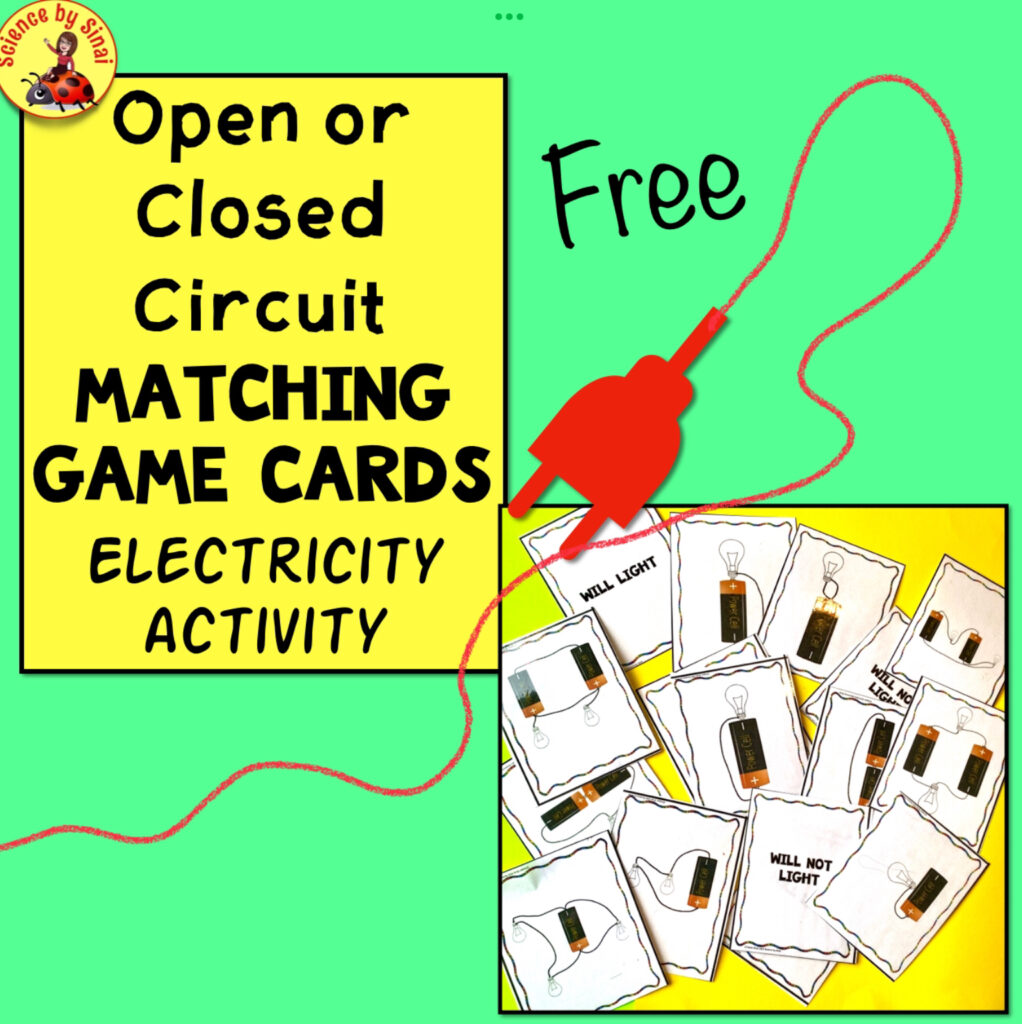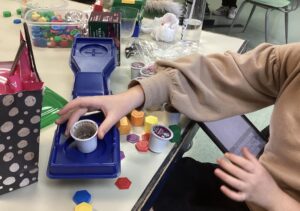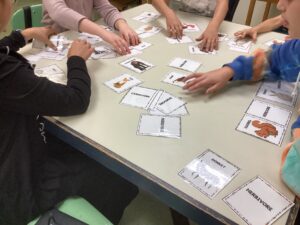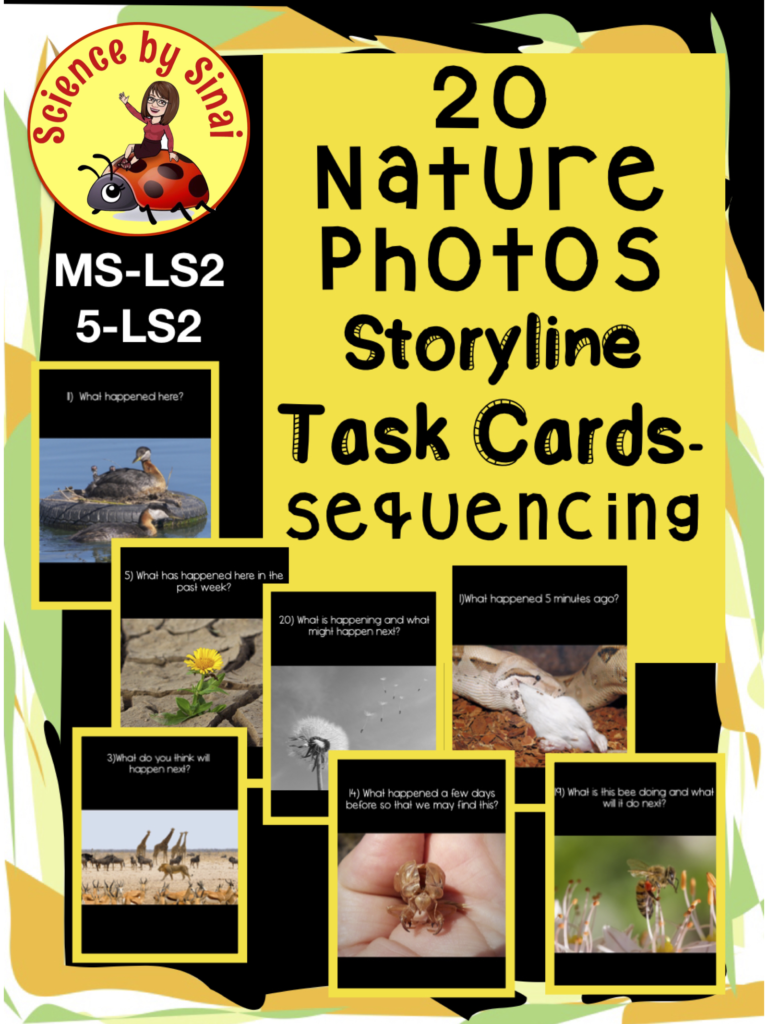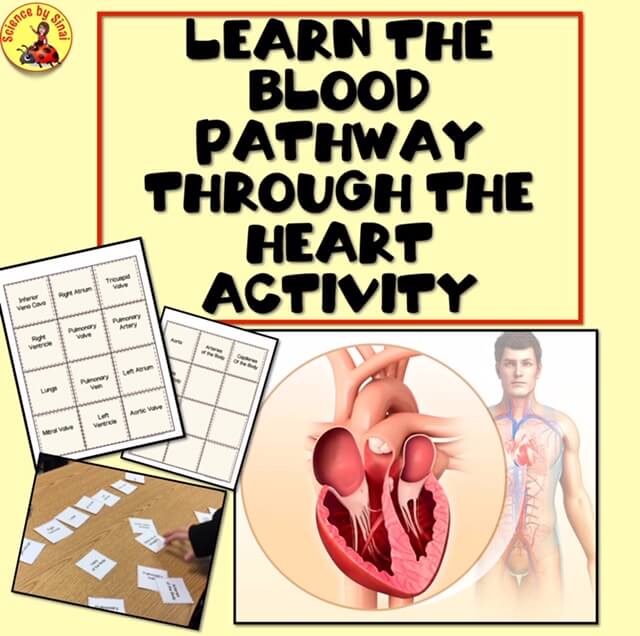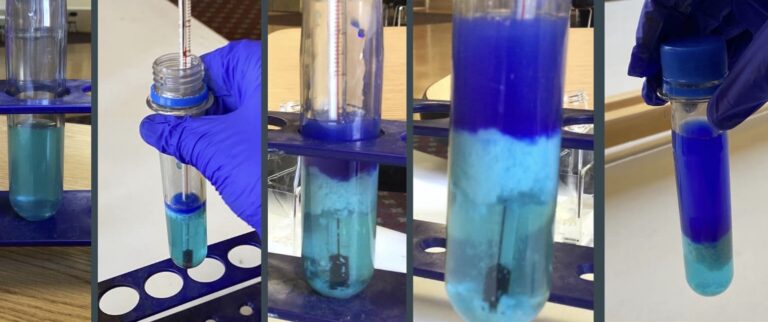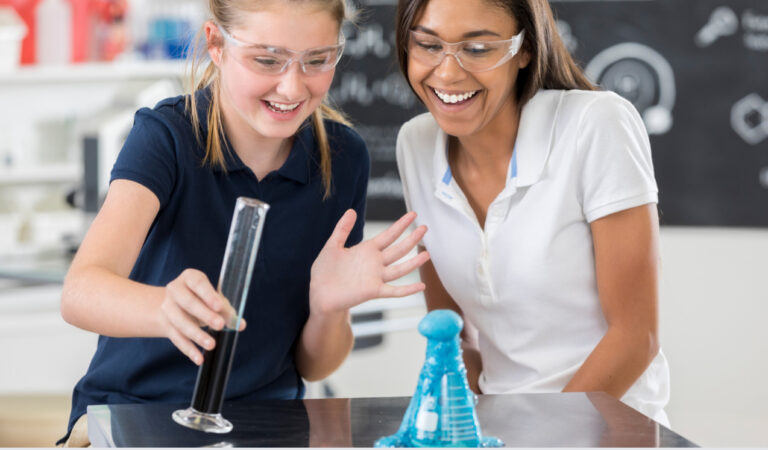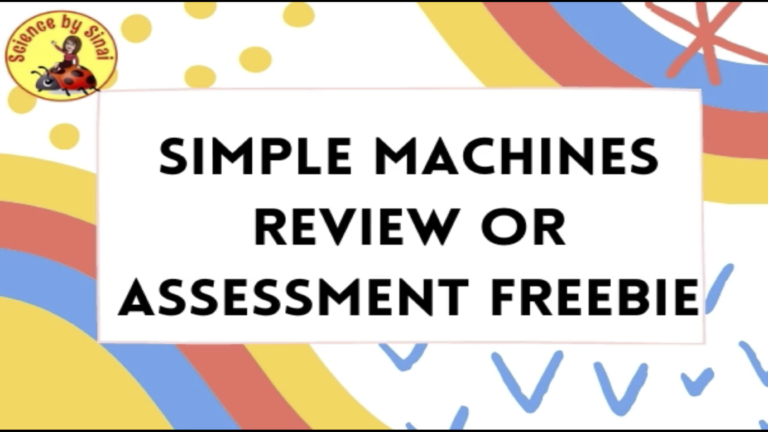Review Made Fun: Science Classroom Gamification
Can classroom gamification rev up the engagement and attention spans in your science class?
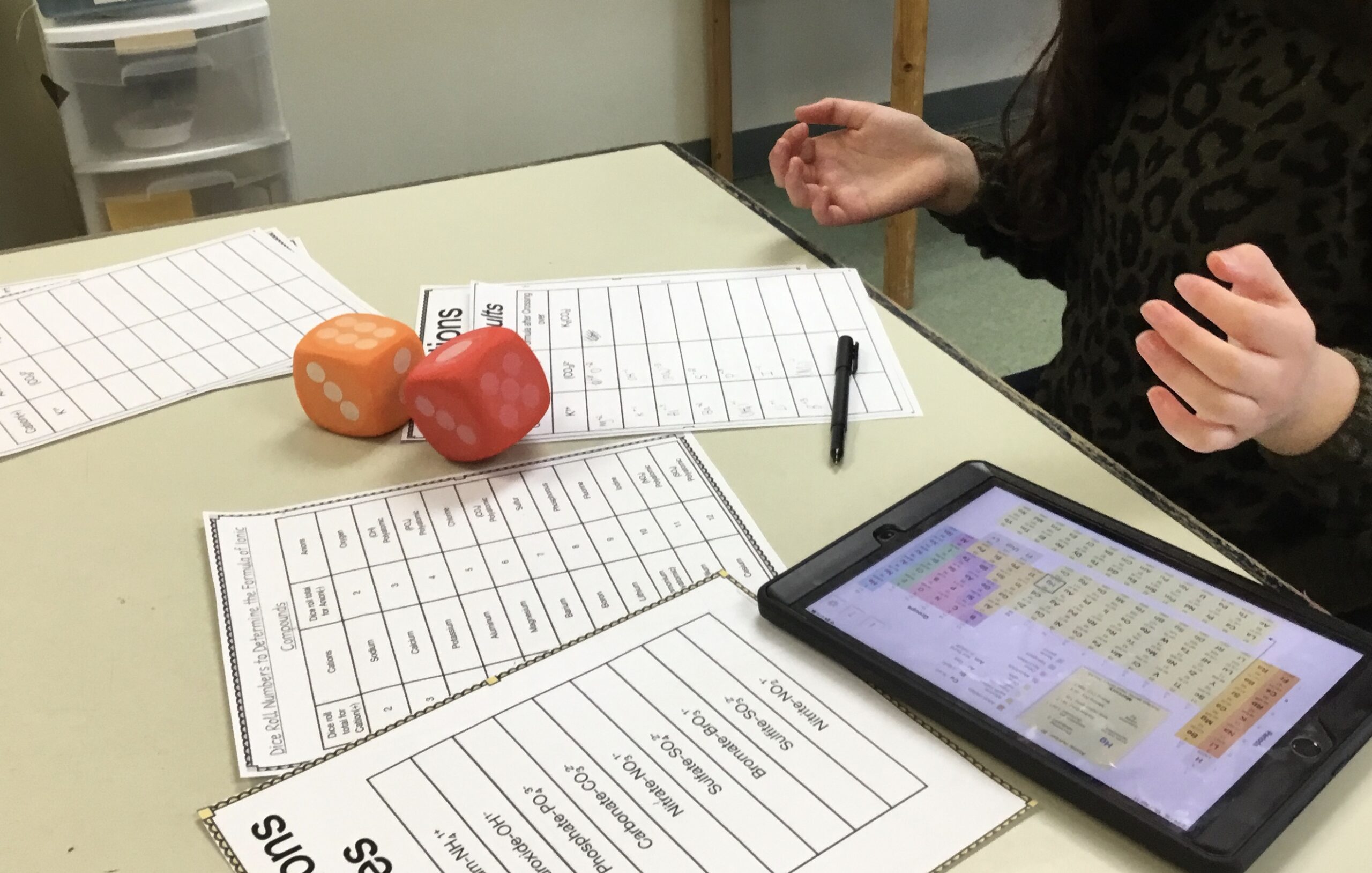
Review Made Fun: Science Classroom Gamification
Updated July 14, 2023
“Can we play the review game?” This is the question I have heard for over 25 years of teaching middle school science. Many years ago I got bored reviewing for tests so I created a spelling bee type game that we play before EVERY test. My students won’t let me stop. It is an expected activity in my classroom!
I will soon get into how we play that game but let’s talk about WHY students embrace gaming for concept reviews.
Gaming is Fun!
First of all, games are an exciting break from the routine! If I bring out a game board, dice, a bingo board or matching game cards, I can visibly see the students sit up and focus. It’s different and it’s fun. The added benefit is that, of course, they are reviewing whatever concept you are probably going to assess soon. But the best part is that they’re doing it in a relaxed, enjoyable class.
Playing Games Taps Into the Student’s Natural Inclination for Being Competitive
Middle school students love to compete with each other! As a middle school science teacher, one of the things I truly appreciate about incorporating games into my lessons, is that it brings out unexpected strengths in students who may not excel in other activities. It’s very cool when the student who struggle with traditional learning methods suddenly become the one dominating the concept review games!
The repetition and practice helps ALL of the students and they will willingly invest their energy into learning the science concepts.
Adapt Old School Games To Your Unit
All of the old favorites such as bingo, dice roll games, scavenger hunts, matching games and board games are just BEGGING to be turned into concept reviews! The possibilities are endless.
For example, bingo can be adapted to review key vocabulary terms or important science facts. It is a fast moving and fun way to reinforce students’ understanding of important scientific concepts.
Dice roll games are another fun option. You can label the die with different questions or challenges related to the topic. Based on the number that they roll they must answer the corresponding question or complete a challenge. What I love about those dice roll games is that there is a different outcome all of the time.
Scavenger hunts have endless possibilities such as searching for different items that match criteria. You could also hide clues and questions around the classroom or school. This activity builds excitement but also encourages collaboration and problem-solving skills. I like having the students use their iPad cameras to go outside on an ecosystem scavenger hunt for different things such as “signs of moisture” or “a plant that has adapted to a human structure“. The students photograph their discoveries. I do a similar photo scavenger hunt with the three states of matter and examples of Newton’s laws.
Matching games, such as the classic memory game, are perfect for reinforcing connections between scientific terms and their definitions or examples. Students flip over cards and try to find matches. This builds their memory skills while also reinforcing their understanding of the key concepts.
Students really love a variety of board games. You can literally take test questions and make them into the cards that the students solve to advance around the board. You can group the students in pairs to compete against each other.
I mentioned above that my students beg me for the review game before EVERY SINGLE TEST. If for some reason we do not have time for the review game, they become very pushed out of shape! I divide the class into three to four teams. I throw out a question to the first student in the first group. If that student gets the correct answer then that entire team gets a point. If the student does not get the answer correct then the question goes onto the next team. This continues until someone gets the correct answer. At the end of the class period the winning team gets an extra point on the test.
That doesn’t sound like much but it could make a big difference between a B+ and an A! Students don’t know who their team members are before class so they put a little bit of pressure on each other to study for the review game. I love that!
Gaming Helps With Real Time Assessment
After setting the students up with playing a game, I can move around the room and quietly assess which concepts will need reinforcement. No test needed! No boring worksheets. It will provide instant feedback for me.
Additionally you will gain insights into student problem-solving skills, critical thinking abilities and collaboration techniques. This is particularly important at the beginning of the school year as you are getting to know the students.
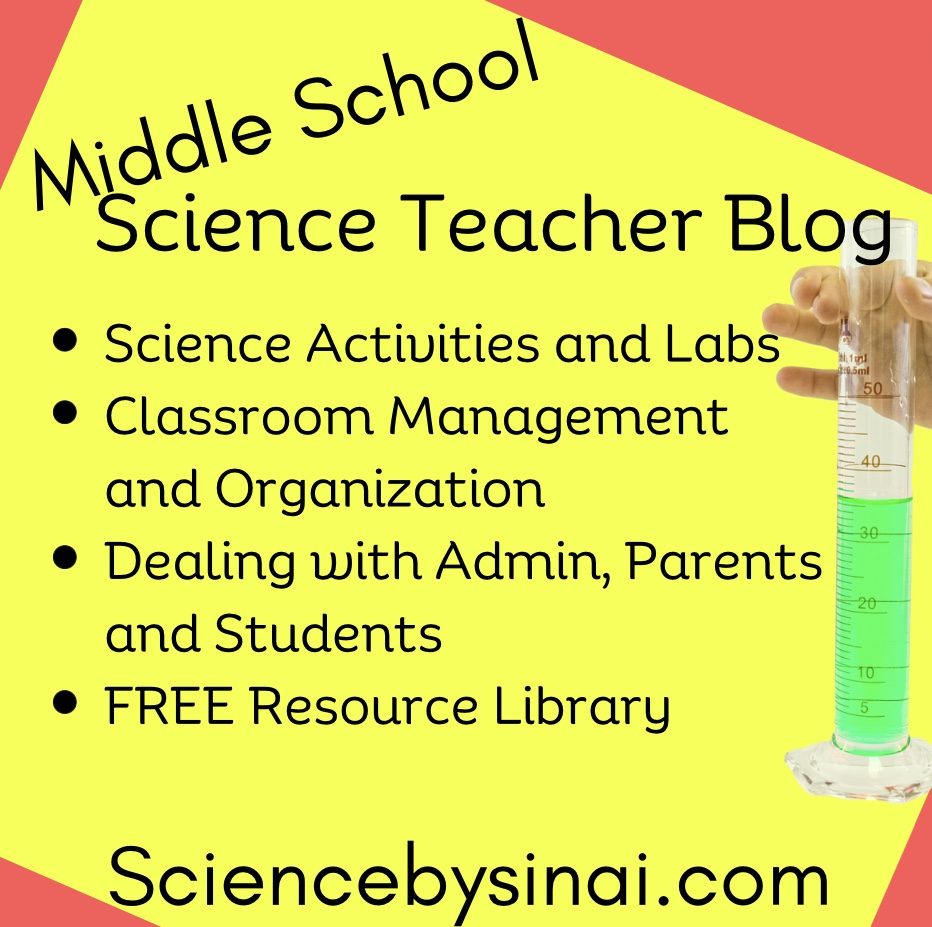
Classroom Gamification Promotes Collaboration and Cooperation
Students that need some differentiation can easily be paired to solve the game components. They end up cooperating, without even realizing it, which fosters social and communication skills painlessly. Randomly assigning students to work together will also help make your entire class more cohesive over time.
Critical Thinking and Problem Solving Skills During Games
Plop a worksheet down in front of some kids and they shut down. It’s too hard. Too boring. Too intimidating, etc. Take those same questions and use them with a game board and now they are interested. Guaranteed.
If you really want some ultra engagement, have the students design their own games. Their sense of achievement and satisfaction, as they watch the other students play their games, is irreplaceable.
Brainstorm of Some Games to Use in Your Classroom
- Kahoot
- Jeopardy
- Escape rooms
- Set up a CSI investigation
- Periodic Table Battleship
- Bingo
- Scavenger hunts
- Matching card games
- Concept Board Games
- Trivia
- Pictionary
- Charades
- Relay Races answering questions
- Create puzzle pieces with concepts
- Science Taboo
- Dice roll games
- 20 Questions
- Simon says
- Spelling bee
Conclusion
Bringing game-based concept reviews into your science classrooms is a win-win situation for both teachers and students! Not only do students look forward to game days as an exciting break from routine, but they also benefit from the repetition and practice that games offer. The competitive nature of games taps into their natural inclination for challenge and provides an opportunity for unexpected strengths to shine.
Please check out my Teachers Pay Teachers store where I have many games covering many concepts.


